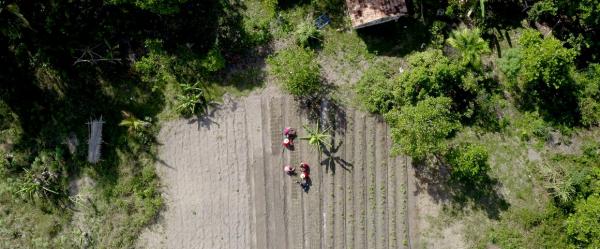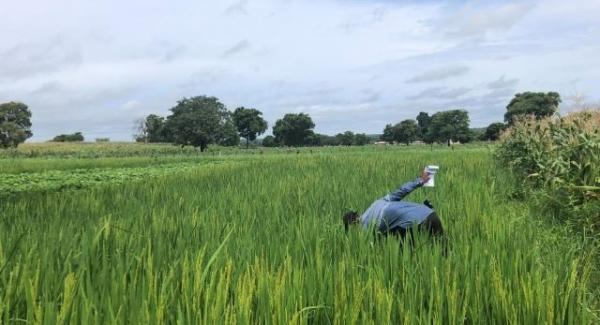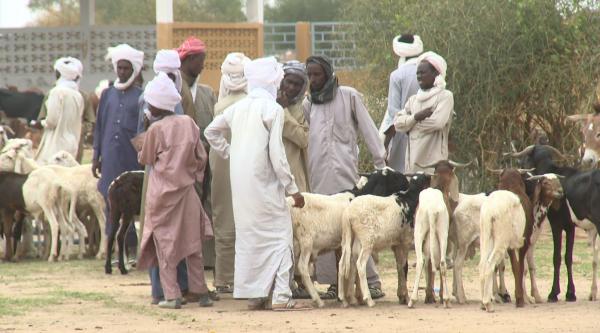Results & impact 16 April 2024
- Home
- Our activities, our impact
- Priority research topics
- Food systems

Food systems
These changes correspond to global food and nutritional transitions. In terms of trends, they mean increases in calorie availability and in food loses and wastage, and diets containing more meat and processed foods, which are having an increasingly controversial impact on the environment and on human health. These transitions are the result of demographic and economic change, and of the influence of a series of powerful players in the agrifood industry. However, family farms and very small enterprises still dominate food production, trade and processing, with women and young people playing a particularly vital role. It is vital to consider and include them in drafting policies for more sustainable food systems. When it comes to fighting inequality, inclusion is an issue for both the most vulnerable players and marginalized territories.
CIRAD is working to improve the food and nutritional security of rural and urban populations in the global South. It sees food systems as key factors in the search for solutions to the food security issue. Food systems are multi-stakeholder networks, which link distant or local producers, processors, distributors and consumers. They are influenced by political, economic and demographic forces, and by changing technological and biophysical environments (for instance climate change).
Food systems are assessed for their performances in terms of food and nutritional security: capacity to provide everyone, rural and urban, rich and poor with a healthy, safe diet that is both accessible and satisfies their cultural preferences. They are also judged on the following types of performance: social (job creation and equity within supply chains), economic (generation and distribution of added value and decent incomes) and environmental (energy footprint, impact on the quality of resources, water, soils and biodiversity, etc.).
























_c.chabrier.jpg)







